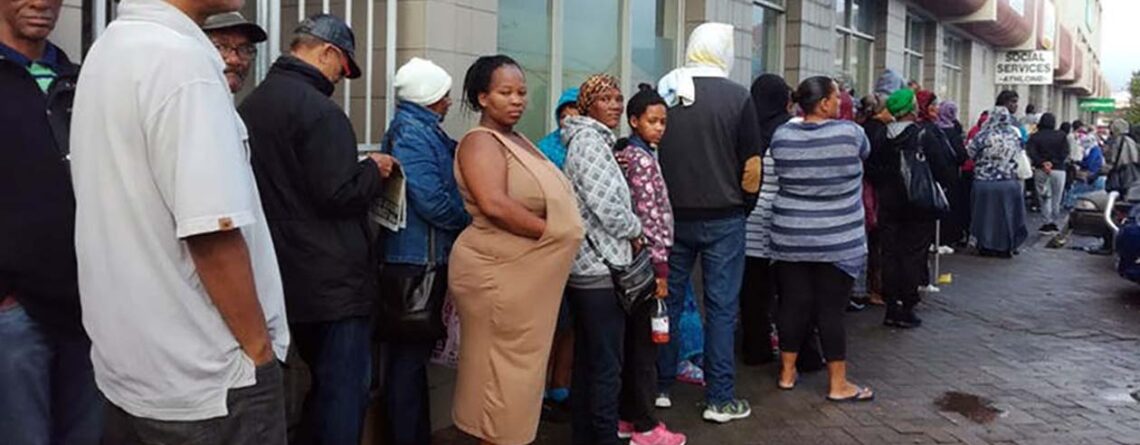South Africa: A New Social Assistance Assessment Aims to Help Strengthen Policies and Programs for the Poor
By India Education Diary Bureau Admin
The World Bank, in collaboration with the Government of South Africa, released a new report assessing the country’s social assistance programs and systems. In an environment of high unemployment, persistent poverty, weak economic growth and shrinking fiscal resources that has been exacerbated by the Covid-19 pandemic, the Social Assistance Programs and Systems Review: South Africa report underscores the critical role of the grant and social assistance system in mitigating poverty. This report also provides policy considerations that could help move South Africa’s system of social transfers towards sustainable and productive investments in its people.
The report finds that overall, South Africa’s system of programs is effective, well-targeted, and provides sizeable benefits to the poorest households. The social assistance system effectively reduces poverty and inequality rates. Cash transfer programs are having positive and important impacts on a wide variety of outcomes, including nutrition and food security, educational attainment, health, labour supply, and livelihoods. Furthermore, the grant system has established effective delivery systems that identify beneficiaries and include registration, payment, and grievance redressal processes which can be scaled up rapidly during crises such as the COVID pandemic.
Accounting for 3.3% of GDP and 15.4% of total government spending, the cost of South Africa’s social assistance system is relatively high compared to the average of other upper middle-income countries (UMICs). With 51% of its spending going to the Older Persons Grant, South Africa spends five times more than its peers on social pensions, although the report notes that social pensions are leveraged to compensate for the poor coverage of the system of contributory pensions in South Africa. Likewise, with 38% of spending going to Child Support Grants and other targeted grants such as the Care Dependency Grant and the Foster Child Grant, South Africa’s provision of social grants aims to respond to diverse household needs.
Read more @India Education Diary
390 views










